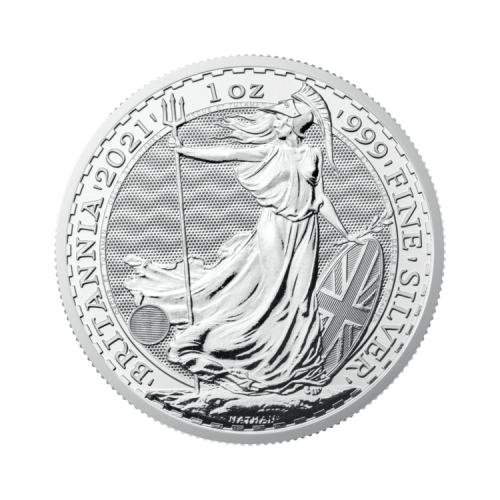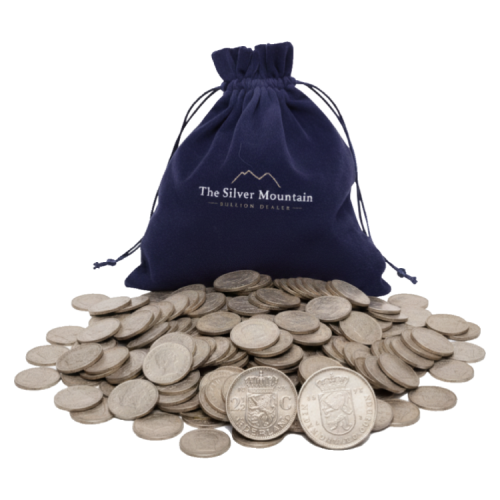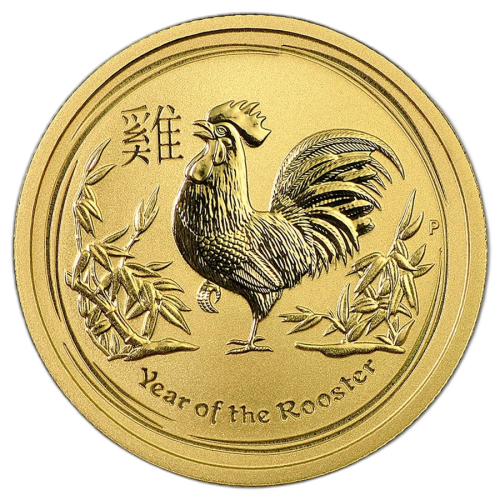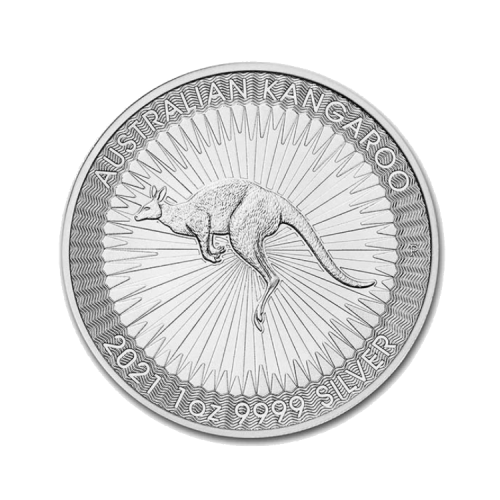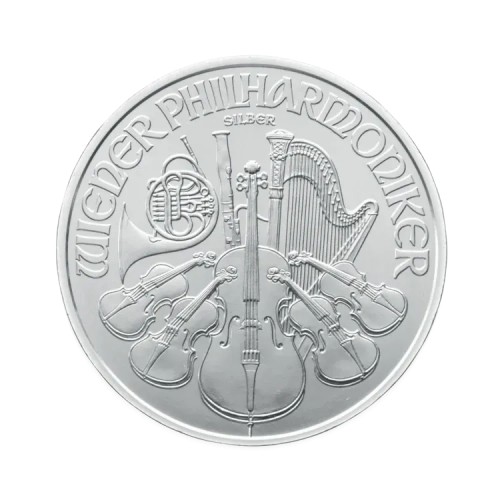Central banks around the world continue to increase gold reserves
-w13Pkxpt.jpg)
Central banks continue to increase gold reserves globally in 2023. This indicates continued demand for gold, which is seen as a safe haven in uncertain times. Recent developments show that gold continues to play an important role in central banks' currency management process, especially in times of uncertainty and volatility in financial markets.
Central banks buy gold
A notable trend in recent years has been the purchase of gold by central banks. This trend began in previous years and has continued into 2023. The amount of gold purchased by central banks in 2022 is greater than in any other year in the past decade, the year 2022 marked a record year with a total purchase of 1,136 tonnes of gold by central banks worldwide. The first quarter of 2023 also shows strong demand with central banks continuing to buy gold at a record pace.
Gold as a safe haven
One of the main reasons behind central banks increasing gold reserves is the fact that gold is seen as a safe haven. This is because gold has no counterparty and currency risk. In addition, it cannot be reprinted and has also proven to be a safe asset in the past. These properties make gold attractive as a store of value and a protection against inflation and economic uncertainties.
Poland buys gold
An interesting development in 2023 is the purchase of gold by the Polish central bank. In April 2023, the Polish central bank bought almost 15 tonnes of gold, the largest purchase in almost four years. With this, Poland wants to increase its gold reserves to prepare for the most adverse conditions. Other countries are also following this strategy; Hungary and Serbia, for example, have withdrawn gold back to their own countries to have more control over their reserves.
Turkey sells gold
Turkey, on the other hand, is taking a different approach. To meet growing domestic demand for gold, Turkey sold an estimated 80.8 tonnes of gold in April this year. This stems from the need to limit gold imports to reduce the negative impact on the country's current account. The strong demand for gold in Turkey is a result of high inflation and the quest to protect the purchasing power of savings.
Indeed, the Turkish lira depreciated again against the US dollar on Monday. This drop followed the re-election of Erdogan who managed to win the second round of presidential elections on Sunday. The lira quoted around a new low against the dollar as investors fear Erdogan will maintain his too-tight grip on Turkish financial markets. Economists at US banks Morgan Stanley and Wells Fargo expect the Turkish currency to depreciate further should Erdogan stick to the unorthodox policy of keeping interest rates low in the country despite high inflation.
Gold reserves
These developments show that central banks in different countries follow different strategies with regard to their gold reserves. Some countries choose to increase their gold reserves to prepare for uncertain times, while some countries choose to sell gold to meet domestic needs. According to a recent survey by the World Gold Council, there is, however, growing optimism among central banks about the future role of gold. More and more central banks are indicating that gold will account for a larger share of their total reserves, reflecting growing confidence in the value and role of gold in an era of economic uncertainty.
Central banks in different countries thus each follow a different strategy with regard to their gold reserves. For instance, some countries choose to increase their gold reserves to prepare for uncertain times, while others choose to sell gold to meet domestic needs. According to a recent survey by the World Gold Council, there is growing optimism among central banks about the future role of gold, with more and more central banks indicating that gold will account for a larger share of their total reserves. This reflects growing confidence in the value and role of gold in an era of economic uncertainty.
Conclusion
All in all, gold remains a sought-after asset for central banks in 2023. Rising gold reserves show that central banks continue to view the precious metal as a valuable diversification of their reserves and a tool to protect against potential risks and volatility in financial markets. In times of uncertainties, gold plays a special role as a reliable and timeless form to preserve value.
Disclaimer: The Silver Mountain does not provide investment advice and therefore this article should not be considered as such. Past results do not guarantee future results.
Rolf van Zanten is the founder and owner of The Silver Mountain, a specialist in physical precious metals since 2008. With nearly twenty years of experience in the precious metals trade, Rolf shares his expertise on investing in gold, silver, and platinum in an accessible and reliable way. His knowledge of the international gold and silver markets helps investors make well-informed decisions. In his role as an expert, he strives to ensure that transparency, security, and trust are at the heart of every purchase.
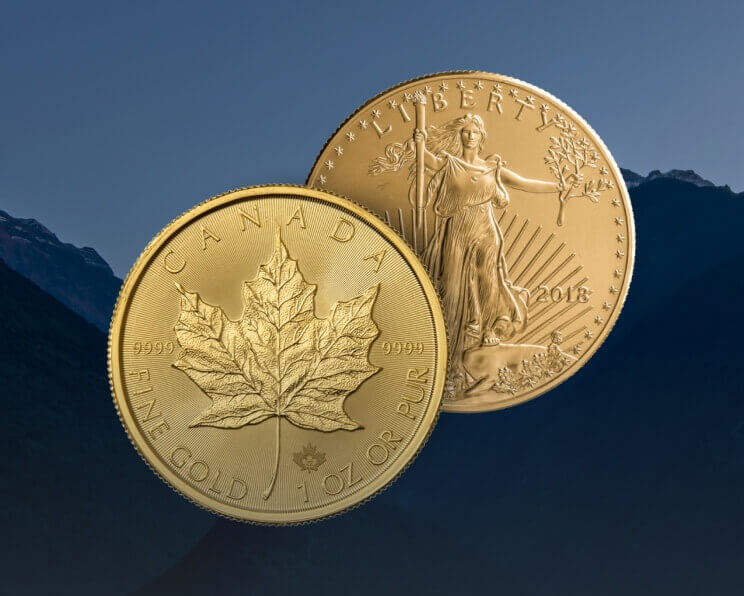
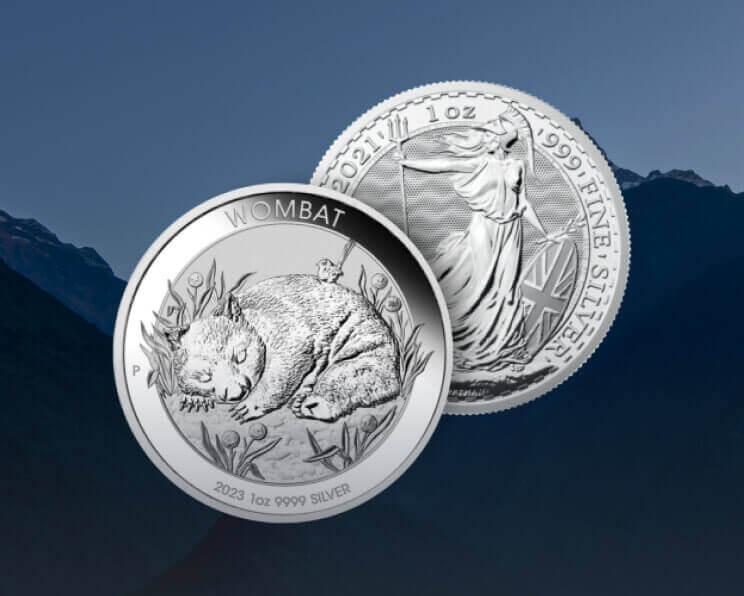



 About
About 


